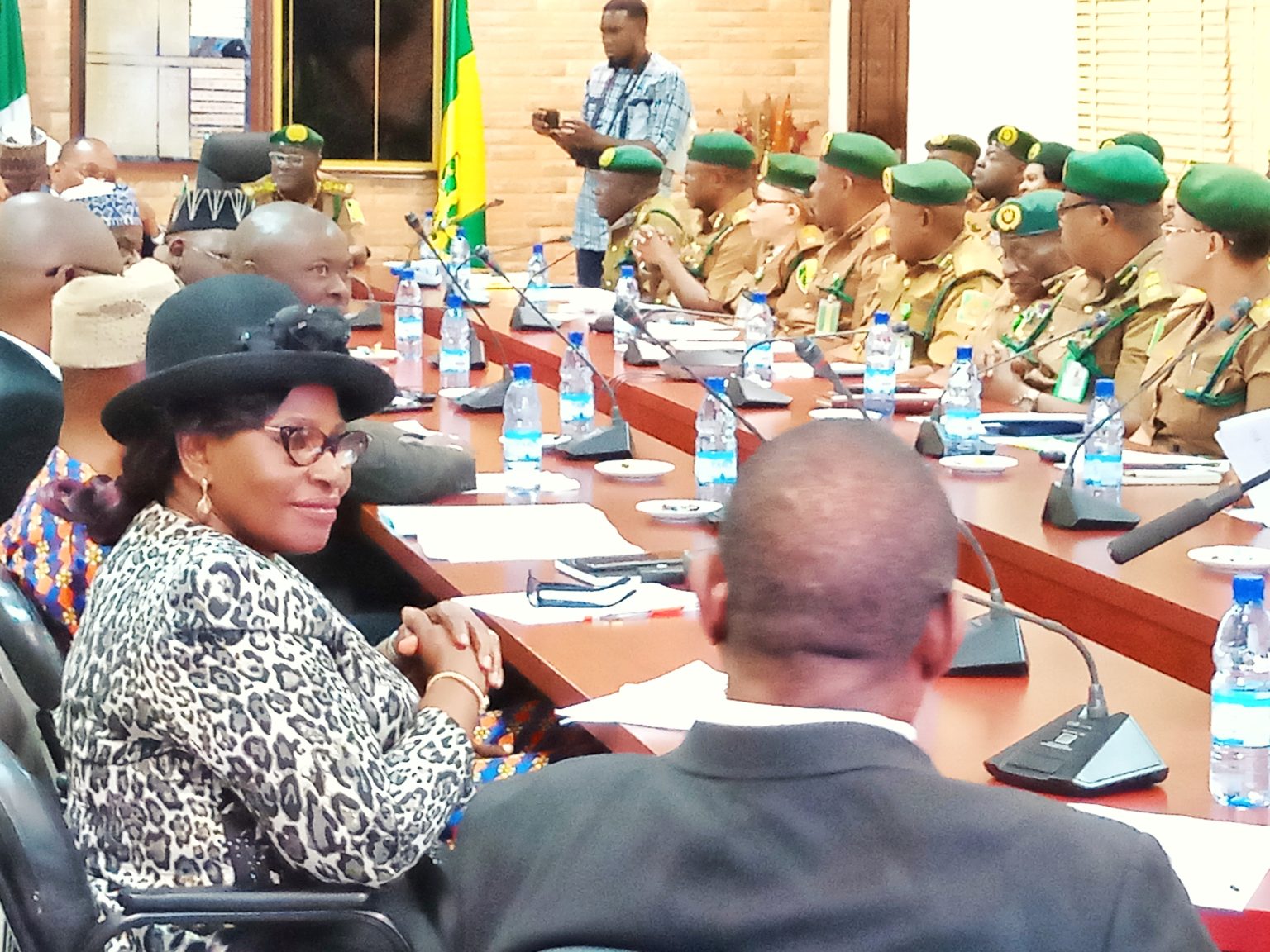
*Float mental health, parole boards
Stakeholders in inmates’ rehabilitation and parole considerations consisting of the Nigeria Correctional service, (NCoS), Prisons Rehabilitation and Welfare Action, (PRAWA) and the British Council, have agreed to work toward non-custodial sentencing for inmates as a way of decongesting custodial centers in the country.
Controller General of the NCoS, Haliru Nababa pointed out that non-custodial sentencing is the hub of modern corrections globally and that it will not only decongest the nation’s already overstretched facilities but also provide mental health support to inmates suffering such conditions.
Speaking at the inauguration of two boards, the National and States Parole Board and the States’ Mental Health Review Board yesterday in Abuja, Nababa said the introduction of the non-custodial component into the NCoS, therefore, is in line with global best practices.
“The introduction of the non-custodial component into the operations of the Nigeria Correctional service is perhaps the most phenomenal breakthrough of the NCoS Act, 2019.
“Parole as one of the non-custodial sentencing options is key to the NCoS mandate of reforming, rehabilitating and reintegrating offenders back into the society, it also enhances significantly, the decongestion of custodial centres,” he said.
He said, “Mental health, on the other hand, is one of the essential components of the health care services of the correctional service which has over the years become an area of interest for the service and indeed the public for obvious reasons”.
Nababa who also presented a guidance protocol for mental health review, said mental health is of key interest due to the vulnerability of those incarcerated with mental health issues and also its effect on the safety and serenity of the facilities, calling on members of the two boards to approach their assignments with seriousness and diligence.
While speaking on key roles the board is expected to play, founder and Executive Director, PRAWA, Dr. Uju Agonoh, said that by section 24 of the NCoS Act, 2019, the CG is empowered to appoint states’ mental health review board to address related issues therefore the inauguration of the board means that every state now has a mental health review board that will assess the state of mental health of inmates and take adequate response.
“This mental health review board is made of Psychologists, psychiatrists, clinical and social workers that will ensure the mental health of inmates and then take adequate response both within and outside the service,” she explains.
Dr Agonoh further said “The guidance protocol for mental health review and the processing of mentally ill inmates throughout the criminal justice system that has been presented by the CG, will promote expert service and support for the NCoS by the board.
“This will have an impact on the society in terms of how persons who are mentally ill are treated in the society. I think this is something we should really celebrate” as a major milestone in the dispensation of justice and in the area of the mental health of inmates.
Chairman of the newly inaugurated states’ parole board, retired Justice Suleiman Galadima, said that parole worldwide is a conscious effort by the government to release prisoners temporarily or permanently before the expiration of sentence on the premise that the inmate will be of good behaviour.
Galadima said “a mere change of name, (from Nigerian Prisons Service to Nigeria Correctional Service), is never enough to produce the desired transformation unless there is a deliberate, planned actionable steps to make the entity, (NCoS), reflect its new name,” as evident in the setting up of the boards as it is auspicious, timely and historical.
National Programme Manager of the Rule of Law and Anti-Corruption Programme, Danladi Plang, observed that the key areas to note by the two boards are the implementation of the National services Act and the implementation of the national criminal justice Act and other pieces of legislation like the police Act.
“Now (RULAAC), has supported the passage of the law, it is also in our own interest to ensure that the law is implemented and one of the ways we can do this is to build the capacity of the board members. This is the first time we are having these boards therefore it means that we don’t have the experience and so we are experimenting.
“One of the best things that we can do to equip the board is to train members, build their capacity and increase their knowledge and if there are opportunities to also learn from other countries, we are willing to accommodate that within our little resources.






